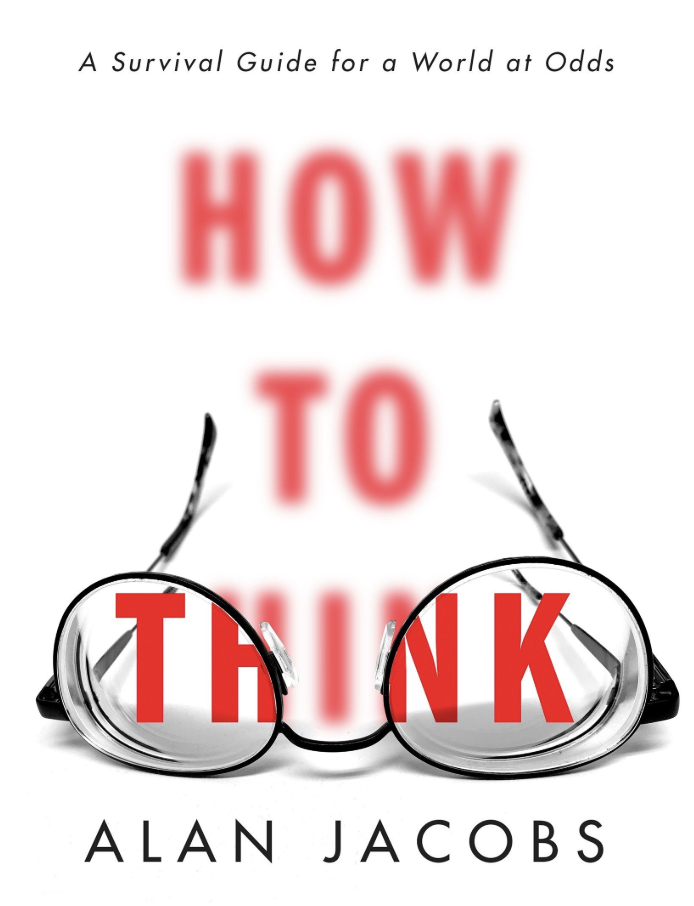In this chapter, Jacobs observes that words can only accentuate our disposition. They are not a replacement for wisdom. Used as currency, they only hasten our intellectual bankruptcy.

Jacobs discusses the general role words have in building community and dismissing opponents. We use keywords to help unite us to like-minded people, letting short words do a lot of heavy-lifting either in support of our position or dismissing the positions of others. Those keywords are often bound together by metaphors, analogies that we use to help explain difficult ideas by framing them in terms of something we understand better. Thus, it matters if we connect argumentation and war: winning, destroying, shooting down, etc. Finally, these metaphors get woven into myths or narratives (stories about our tribe or about the tribes we define ourselves against). Now our language is way too weight bearing for what we ask it to do.
Again none of this is necessarily bad. What is harmful is when we use keywords in place of thought, metaphors as though they are natural, and stories that predict ahead of time how we will interpret any new evidence we receive.
Jacobs admits that it really appears at times as though it is impossible to ever change someone’s mind. But we do know that people change their minds, and this can provide hope when we grow despondent.
One thing we can do when confronted with a position that differs from our own is attempt to summarize that position in such a way as to demonstrate to ourselves and the person who hold that position that we actually understand what we’re disagreeing with.
If we want to think well, we must distinguish good preconceptions and bad biases, between recognizing that words can be a way of intensifying our thoughts just as they can be a way of avoiding thought altogether.
